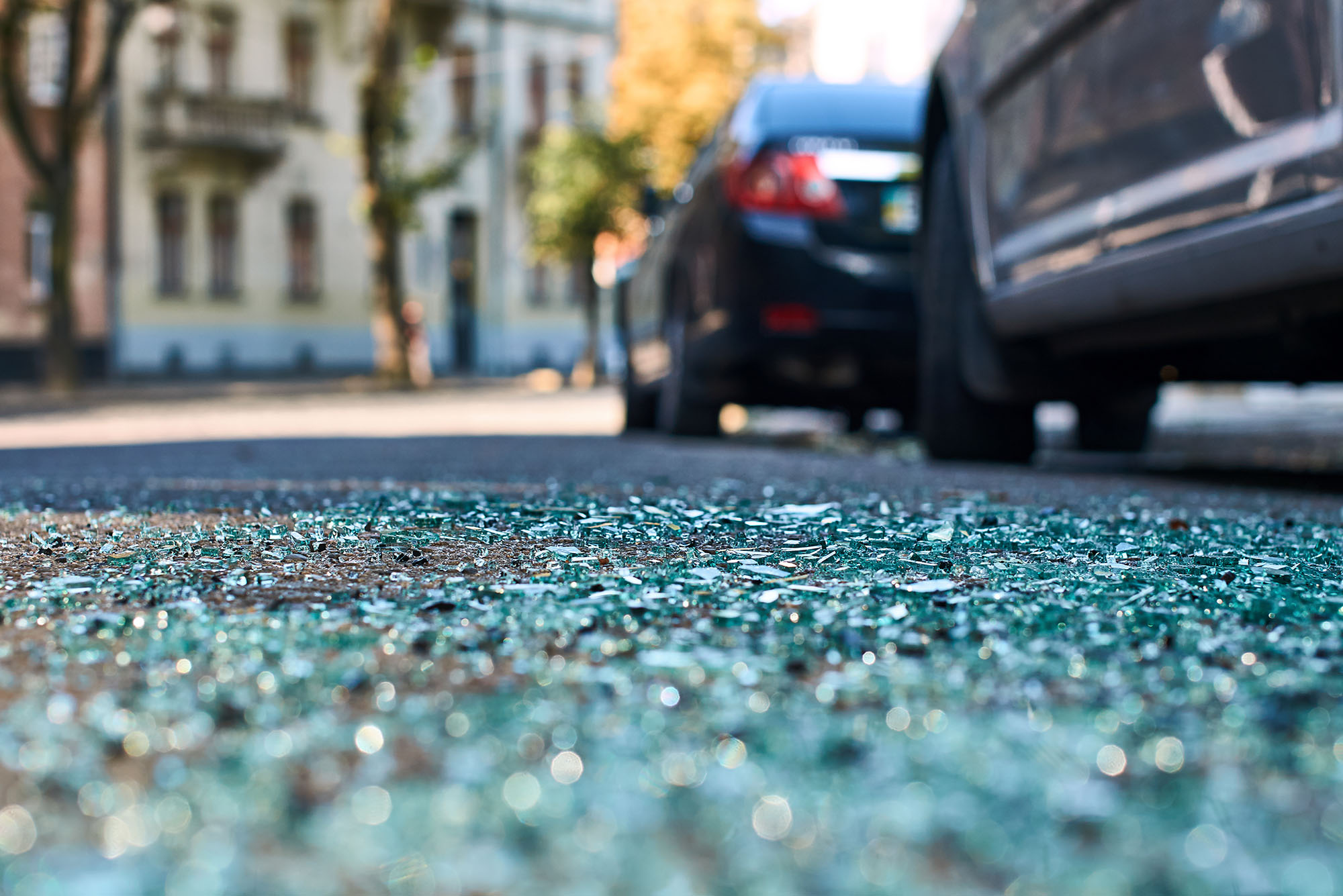Deadly Car Accidents Involving Cannabis and Alcohol Have Doubled in 20 Years
Researchers say more attention should be given to the increasing use of the two substances when it comes to impaired driving

A new study led by epidemiologists at Boston University and Boston Medical Center finds that cannabis and alcohol are increasingly being used together when it comes to impaired driving, and that cannabis increases the likelihood of alcohol use behind the wheel. Photo by Berezko/iStock
Deadly Car Accidents Involving Cannabis and Alcohol Have Doubled in 20 Years
Researchers say more attention should be given to the increasing use of the two substances when it comes to impaired driving
With holiday and new year’s celebrations here, there will be plenty of opportunities for toasts and revelry. That also means more choices people are forced to make when it comes to drinking, driving, and getting home safely.
In a new study published in the American Journal of Public Health, however, researchers are noticing a pattern that suggests alcohol might not be the only culprit of impaired driving. Researchers from Boston Medical Center, Boston University, and the University of Victoria in British Columbia found that deadly car crashes involving both cannabis and alcohol consumption have more than doubled in the United States in the past two decades, as have car crash deaths involving just cannabis.
“There has been progress in reducing deaths from alcohol-impaired driving, but our study suggests that cannabis involvement might be undercutting these public health efforts,” says Timothy Naimi, senior author on the study, adjunct professor at BU’s Schools of Medicine and Public Health, and the director of the Canadian Institute for Substance Use Research.
Researchers analyzed 19 years of data from the Fatality Analysis Reporting System, a national database of fatal crashes on public roads. They found that from 2000 to 2018 the percentage of crash deaths involving cannabis increased from 9 percent to 21.5 percent, and the percentage of deaths involving cannabis and alcohol also more than doubled, from 4.8 percent to 10.3 percent. Their results also show that cannabis-involved car crashes are more likely to involve the deaths of passengers, as well as individuals younger than 35, compared to crash deaths not involving cannabis. Analyses were conducted to account for drug testing rates and alcohol policies, and the results remained consistent.
The study comes out amid suggestions that loosening cannabis policies could lead to a reduction in alcohol use if individuals substitute alcohol for cannabis. But according to the researchers, the study suggests that cannabis and alcohol are increasingly being used together when it comes to impaired driving, and that cannabis increases the likelihood of alcohol use in crash deaths.
“Our testing methods for cannabis remain suboptimal and individuals can test positive for cannabis weeks after they have consumed it,” says study lead author Marlene Lira, an epidemiologist at Boston Medical Center, BU’s primary teaching hospital. “However, we can say that fatalities from crashes involving cannabis are more likely to have also involved alcohol, even if we don’t know the exact level of cannabis [intoxication].”
Most cannabis tests do not distinguish between any past use and acute intoxication, and implementing standardized thresholds is challenging due to people’s individual tolerance going up from regular use of cannabis.
Fatal car accidents involving alcohol have remained relatively constant over the last two decades, according to the National Highway Traffic Safety Administration, with 2019 reaching the lowest levels since 1982. But as more and more states legalize cannabis use, little attention has been given to the connection between alcohol and cannabis consumption, the researchers say.
Now 19 states—with New York, New Mexico, and Connecticut the most recent—have legalized adult-use cannabis, and 38 states and Washington, D.C., have legalized cannabis for medical use. Massachusetts legalized adult-use cannabis in 2016 and, according to the Boston Globe, it’s difficult to know whether stoned driving has gone up since any dispensaries opened, due to the lack of reliable testing.
“The bottom line is that we have a lot of work to do to reduce deaths and harms from impaired driving from alcohol, cannabis, and other substances,” says Lira.
This study was funded by the National Institute on Alcohol Abuse and Alcoholism.
Read more about this study at BU’s School of Public Health.

Comments & Discussion
Boston University moderates comments to facilitate an informed, substantive, civil conversation. Abusive, profane, self-promotional, misleading, incoherent or off-topic comments will be rejected. Moderators are staffed during regular business hours (EST) and can only accept comments written in English. Statistics or facts must include a citation or a link to the citation.